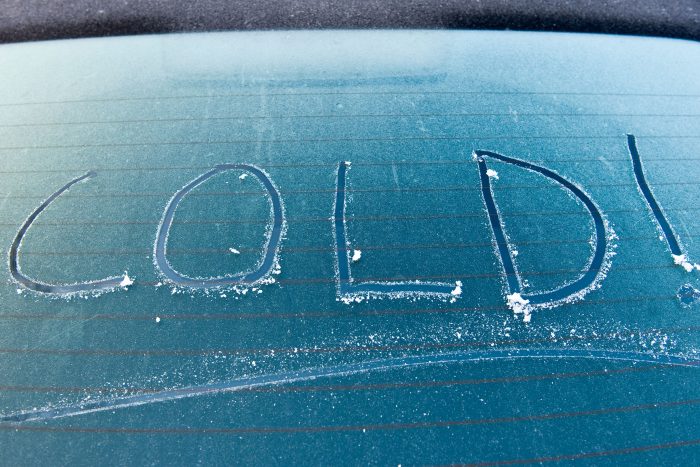Cold Weather and our Cars
Cold Weather and our Cars

When it’s cold out, we put on long-sleeved shirts under coats with gloves, hats, scarves, and boots to keep warm. Without these layers to insulate us, extremely cold temperatures can damage our health. Believe it or not, the cold weather can damage the health of our cars as well.
What issues do our cars have with surviving in the cold?
- Battery: The starter in cars requires a good amount of amperage to power-up. Frigid temperatures can reduce the capacity of a battery. Motor oil is thickened by the cold, which makes it more difficult for the engine to turn over, creating the need to draw even more amperage. You may find your battery has trouble starting up in the winter. It may be time to replace the battery with a more reliable one. Have your battery tested so that you don’t have to deal with a dead battery on a cold day.
- Thick fluids: In general, cold temperatures thicken all of our car’s fluids–transmission, brake, steering, motor oil, and antifreeze. Thick fluids create a slower flow, which means slower, less efficient functions. Make sure to check all of your fluid levels.
- Also, check your manual to be sure you are using the correct oil.
- Windshield wipers: Use care when dealing with your wipers. Turning them on when your windshield if full of ice can cause damage and tear the blades. Scrape as much of the ice off as possible before turning them on. Also, use the defrost setting your car to begin to melt the ice and then turn the wipers on.
- Tire pressure. If your tire pressure light comes on in your car, it might just be because of the cold weather. For every 10 degree drop in the temperature outside, your tire drops one When you drive your car, the air in your tires will warm up, causing your tire pressure to rise falsely. Visit your local gas station and use the air pump to correct your tire pressure.
- The cold weather can affect the function of your transmission by freezing the system which can cause low line pressure, ultimately resulting in a leak. If you notice your transmission slipping in colder weather, you should bring it to a mechanic to check your fluid and pressure levels to ensure the health of your vehicle’s transmission.
- If possible, clear the clutter in your garage to take advantage of shelter for your car.
It’s too bad we can’t bundle up our cars to protect them from harsh weather.











